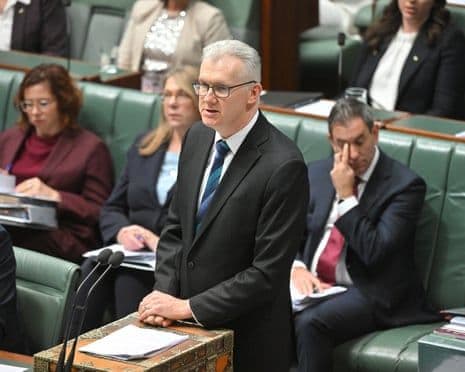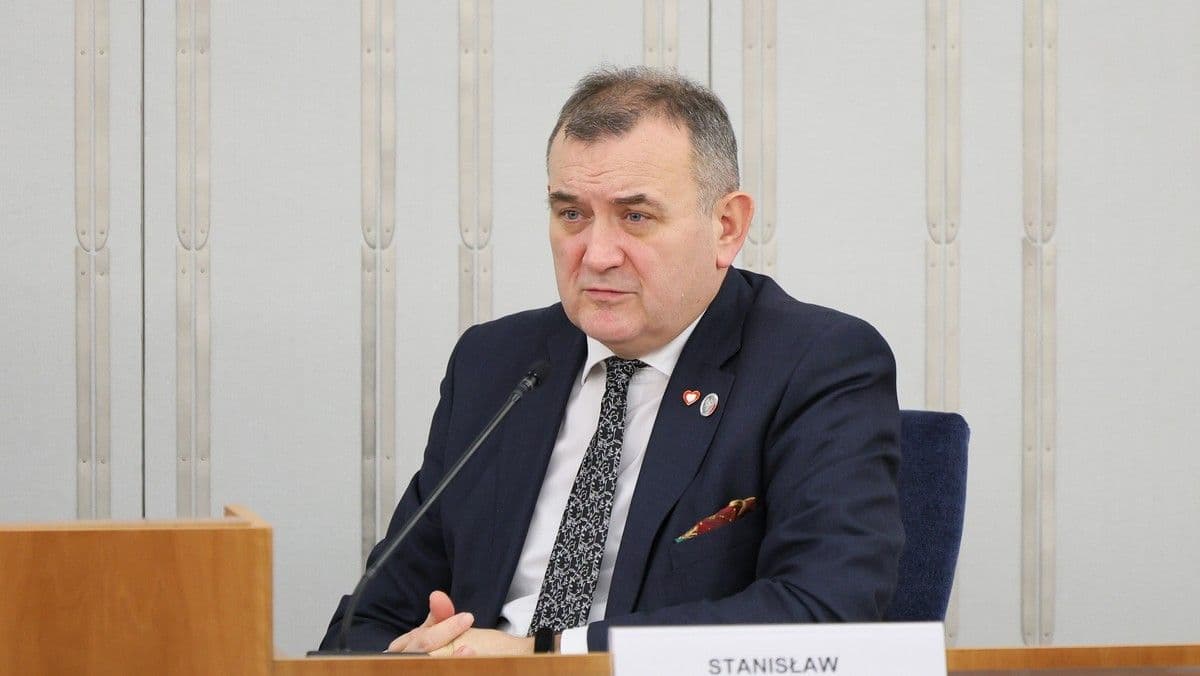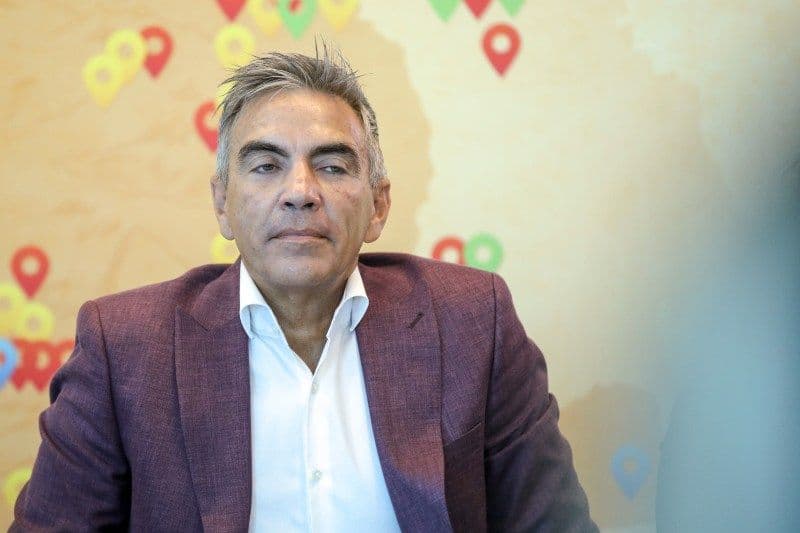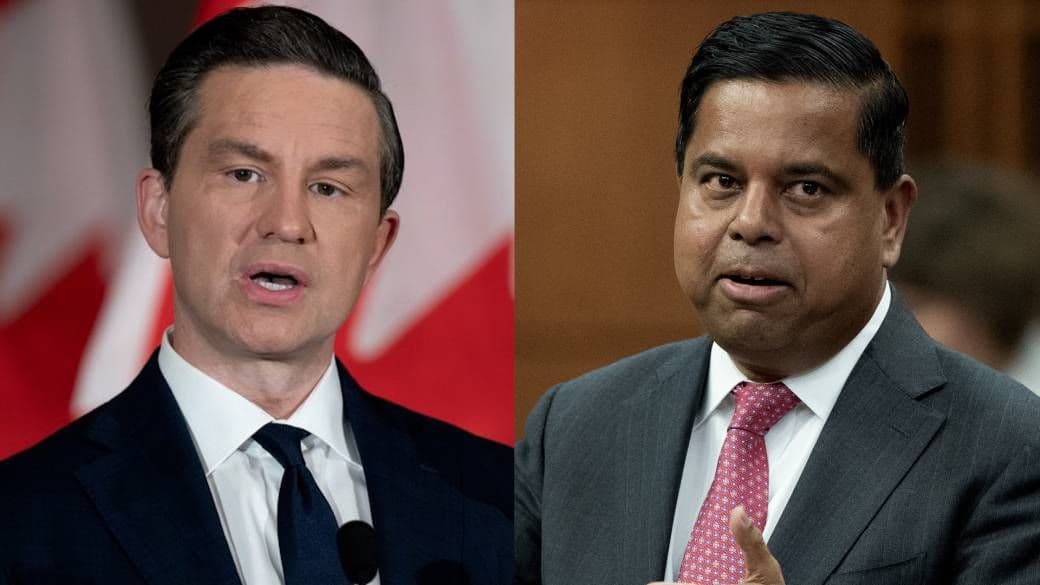Richard Boyle's Echo: Why His Fight for Transparency Demands a New Era of Protection
Richard Boyle's ATO battle exposes Australia's broken whistleblower laws. His fight for transparency reveals the immense personal cost of truth, urging vital systemic protection reform.
Unmasking the ATO's Hidden Practices
Seven years after courageously stepping forward, Australian Taxation Office (ATO) whistleblower has finally avoided conviction and a jail sentence, closing a chapter that began with his public exposure of the agency's aggressive debt collection tactics. In 2017, Boyle, then a debt collection officer, first raised internal alarms about the ATO's heavy-handed methods, which he alleged included instructions to use severe pressure on taxpayers. When his concerns went unaddressed, he took the momentous decision to go public, sharing his allegations with the program in 2018. This act of integrity, however, came at a steep personal price. Boyle was initially confronted with an astonishing 66 charges, carrying a potential sentence of 161 years in prison. His disclosures, which included making records of protected information and using a listening device, ultimately led to a deal with prosecutors, resulting in guilty pleas to four charges. Yet, the systemic issues he brought to light were not dismissed; they triggered multiple inquiries, notably by the Inspector-General of Taxation, leading to reforms that have genuinely benefited countless Australians and small businesses. This initial act of truth-telling set the stage for a prolonged legal battle that would test the very fabric of Australia's whistleblower protections.
The Ordeal of a Truth-Teller
Richard Boyle’s journey from concerned employee to prosecuted whistleblower was nothing short of an ordeal, stretching over seven grueling years. The weight of the legal battle and the looming threat of severe penalties took an immense toll on his well-being, with Boyle himself describing feelings of stress so intense he thought he would die. Judge Liesl Kudelka, in her sentencing remarks, acknowledged this profound suffering, accepting that Boyle’s poor mental health was directly linked to his actions, sagely noting that “blowing the whistle can be a tough gig.” Despite pleading guilty to four criminal charges, including recording private conversations and disclosing protected information—offences that each carried a maximum of two years’ jail—Boyle ultimately received no conviction, no penalty, and a 12-month good behaviour bond. This outcome, though a personal reprieve, underscored the immense personal cost. Supporters, including Whistleblower Justice Fund founder , spoke of the “hell” Boyle and his wife Louise endured. His principled intentions were vindicated by the subsequent reforms at the ATO, yet the path to this vindication was paved with profound personal sacrifice, highlighting the often-brutal reality for those who dare to speak up.
Australia's Whistleblower Paradox: Punishment for Public Good
Boyle’s case starkly illustrates a troubling paradox at the heart of Australia’s current legal framework: whistleblowers, whose actions often serve the public good, frequently face severe punishment rather than protection. Independent MP rightly asserted that Boyle, whose allegations were thoroughly investigated and proven accurate, should never have been charged in the first place. The irony is palpable: Boyle acted in the public interest, exposing systemic abuses that led to tangible reforms benefiting thousands, yet he endured years of relentless prosecution. from the Human Rights Law Centre highlighted the chilling effect such cases have, deterring others from coming forward for fear of similar retribution. Boyle himself believed he was protected under the law, a belief that four judges, silks, and lawyers ultimately had to dissect, only to reveal the inadequacies of the existing legislation. The fact that a citizen who exposed wrongdoing and caused no personal gain for himself could face 161 years in prison underscores a fundamental flaw in a system that seems more intent on penalizing truth-tellers than on fostering transparency and accountability. This imbalance signals a critical need for re-evaluation and reform.

A Legislative Reckoning: Calls for a Stronger Shield
The prolonged saga of Richard Boyle has ignited a fervent chorus of calls for a comprehensive overhaul of Australia's whistleblower protection laws, transforming his personal struggle into a catalyst for legislative change. Boyle himself emphasized the urgent need for strengthened protections, a sentiment echoed by news director , who underscored the vital role whistleblowers play in informing the public about critical issues. The Human Rights Law Centre's Kieran Pender pointed out the government's acknowledged awareness of broken whistleblower laws and its commitment to reform, yet criticized the former Attorney-General for not intervening to halt Boyle's prosecution in the public interest. In response to these systemic failings, independent senators and have already tabled a Whistleblower Protection Authority bill in parliament, advocating for a dedicated body to guide and safeguard those who report wrongdoing. Greens senator also called for the government to pardon Boyle and cover his legal costs, recognizing the country's debt to his strength. Attorney-General has acknowledged the ruling and reiterated the government's commitment to a "second stage of reforms" to ensure a clear and fit-for-purpose public sector whistleblowing framework. However, the pressure is mounting for these commitments to translate into genuine, robust protections.
Echoes of Integrity: What Boyle's Case Means for Future Transparency
Richard Boyle's hard-won freedom from conviction is far more than a personal triumph; it resonates as a powerful echo, demanding a new era of integrity and transparency across Australia's public institutions. His case serves as a stark reminder of the immense public value whistleblowers bring, exposing systemic issues that would otherwise remain hidden and driving crucial reforms that benefit society at large. Without individuals like Boyle, as Justin Stevens articulated, many vital issues affecting people's livelihoods would simply never see the light of day. The judge's acknowledgment of Boyle's severe mental distress throughout his ordeal highlights the profound personal sacrifice involved in speaking truth to power. While the government has pledged further reforms to whistleblower protections, the true measure of these changes will be their ability to genuinely shield future truth-tellers from the kind of protracted legal and personal torment Boyle endured. His journey underscores that a healthy democracy relies on a robust framework that not only permits but actively encourages and protects those who dare to shine a light on wrongdoing, transforming the 'tough gig' of whistleblowing into a safeguarded act of civic duty. Boyle’s legacy is a call to action for a system that values accountability over institutional secrecy.
Related Articles

The Unseen Script: How Media Infiltration Shapes High-Profile Investigations

The Unseen Script: How Media Infiltration Shapes High-Profile Investigations

The Lingering Question: Stanisław Gawłowski, Political Justice, and the Appeal for Truth

The Lingering Question: Stanisław Gawłowski, Political Justice, and the Appeal for Truth

The Eight-Year Extortion: Unmasking the ANAF Inspector's 'Protection Tax' Empire

The Eight-Year Extortion: Unmasking the ANAF Inspector's 'Protection Tax' Empire

The Candid Confession: Anandasangaree's Dilemma Between Policy and Principle
